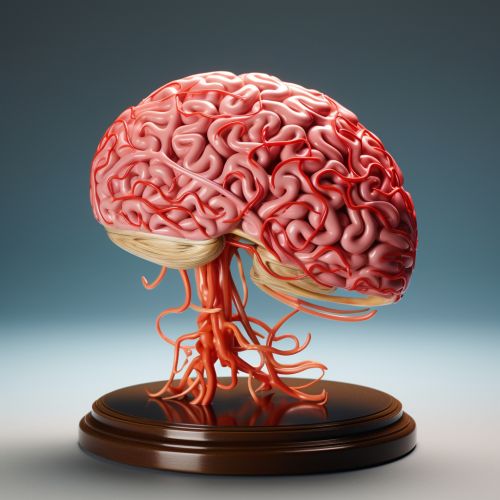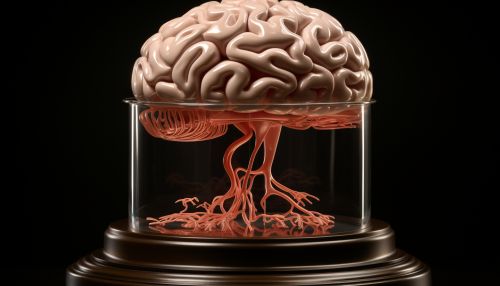Carl Wernicke
Early Life and Education
Carl Wernicke was born on May 15, 1848, in Tarnowitz, a small town in Upper Silesia, now known as Tarnowskie Góry, Poland. His father, Theodor Wernicke, was a successful merchant. Carl showed an early interest in biology and medicine, which was encouraged by his parents.


He attended the University of Breslau, where he studied medicine. During his time at the university, he was influenced by several prominent figures in the field of neurology, including Robert Remak and Carl Westphal.
Career and Contributions to Neurology
After graduating from the University of Breslau, Wernicke began his medical career at the Charité Hospital in Berlin. He worked under the guidance of Westphal and Remak, focusing on neurology and psychiatry.


In 1874, Wernicke published a groundbreaking paper on aphasia, a condition affecting speech and language abilities. He described a patient who had lost the ability to understand spoken and written language but could still speak fluently. This condition, now known as Wernicke's aphasia, was a significant departure from the prevailing understanding of aphasia at the time.
Wernicke's work on aphasia led him to propose a model of language processing in the brain, now known as the Wernicke-Geschwind model. This model suggests that language processing involves several interconnected regions in the brain, including Broca's area and Wernicke's area.
In addition to his work on aphasia, Wernicke made significant contributions to the understanding of other neurological disorders. He was the first to describe Wernicke's encephalopathy, a neurological disorder characterized by confusion, ataxia, and ophthalmoplegia. This condition is often associated with thiamine deficiency and is commonly seen in individuals with chronic alcoholism.


Wernicke also contributed to the understanding of Korsakoff's syndrome, a memory disorder often associated with Wernicke's encephalopathy. He was the first to suggest that these two conditions might be different stages of the same disorder, a concept now known as Wernicke-Korsakoff syndrome.
Later Life and Legacy
Wernicke continued to work and publish his research until his death on June 15, 1905. His contributions to neurology have had a lasting impact on the field. His work on aphasia and the Wernicke-Geschwind model continue to influence current research on language processing in the brain.


Wernicke's work on Wernicke's encephalopathy and Korsakoff's syndrome has also had a significant impact on the understanding and treatment of these conditions. His contributions to neurology have earned him a place among the most influential figures in the field.
